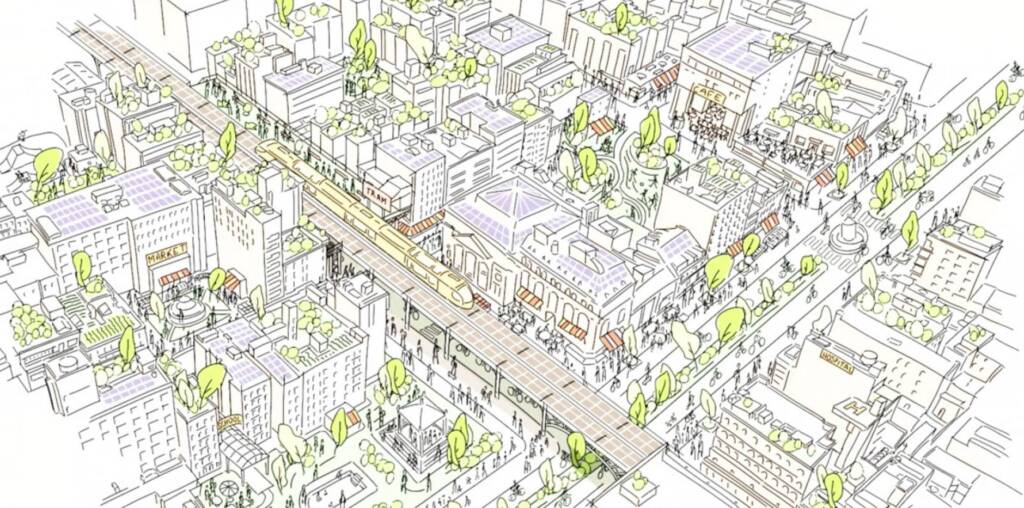The concept of a 15-minute city sounds idyllic – a place where residents can access all their daily needs within a short walk, bike ride, or public transit trip. However, beneath the surface, there are some serious concerns about the implementation of this concept and the potential negative impact it could have on our communities.
One of the key issues is that a 15-minute city relies heavily on dense, mixed-use development, which can lead to overcrowding and lack of privacy. This can result in a loss of green spaces and community gardens, and push out small businesses and low-income residents.
Another concern is the potential for increased traffic congestion and parking issues as more people switch to active transportation and public transit. This can lead to more accidents and make it difficult for emergency vehicles to access certain areas.
Additionally, the implementation of a 15-minute city often requires the redevelopment of existing neighborhoods and the displacement of residents, who may not have the means to move elsewhere. This can lead to a loss of community and cultural heritage, and exacerbate existing socio-economic inequalities.
It is important to remember that every community is unique, and what works for one city may not work for another. Before implementing a 15-minute city concept, it is crucial for cities to consult with residents and stakeholders, consider the potential impact on existing communities, and ensure that the needs of all residents are met.
In conclusion, while the 15-minute city concept may offer a vision for urban development that prioritizes the needs of people over cars and promotes more livable, sustainable, and equitable communities, it also comes with some serious concerns that need to be addressed. It’s crucial to approach the implementation with caution and consideration for all the stakeholders, otherwise, it could lead to the destruction of our communities.
#15minutecity #urbanplanning #sustainability #livablecommunities #activetransportation #publictransit #densemixeduse #green spaces #communitygardens #smallbusiness #lowincomeresidents #trafficcongestion #parkingissues #emergencyvehicles #redevelopment #displacement #communityheritage #culturalheritage #socioeconomicinequalities #stakeholderconsultation #urbanlivability #urbanmobility #smartcity

